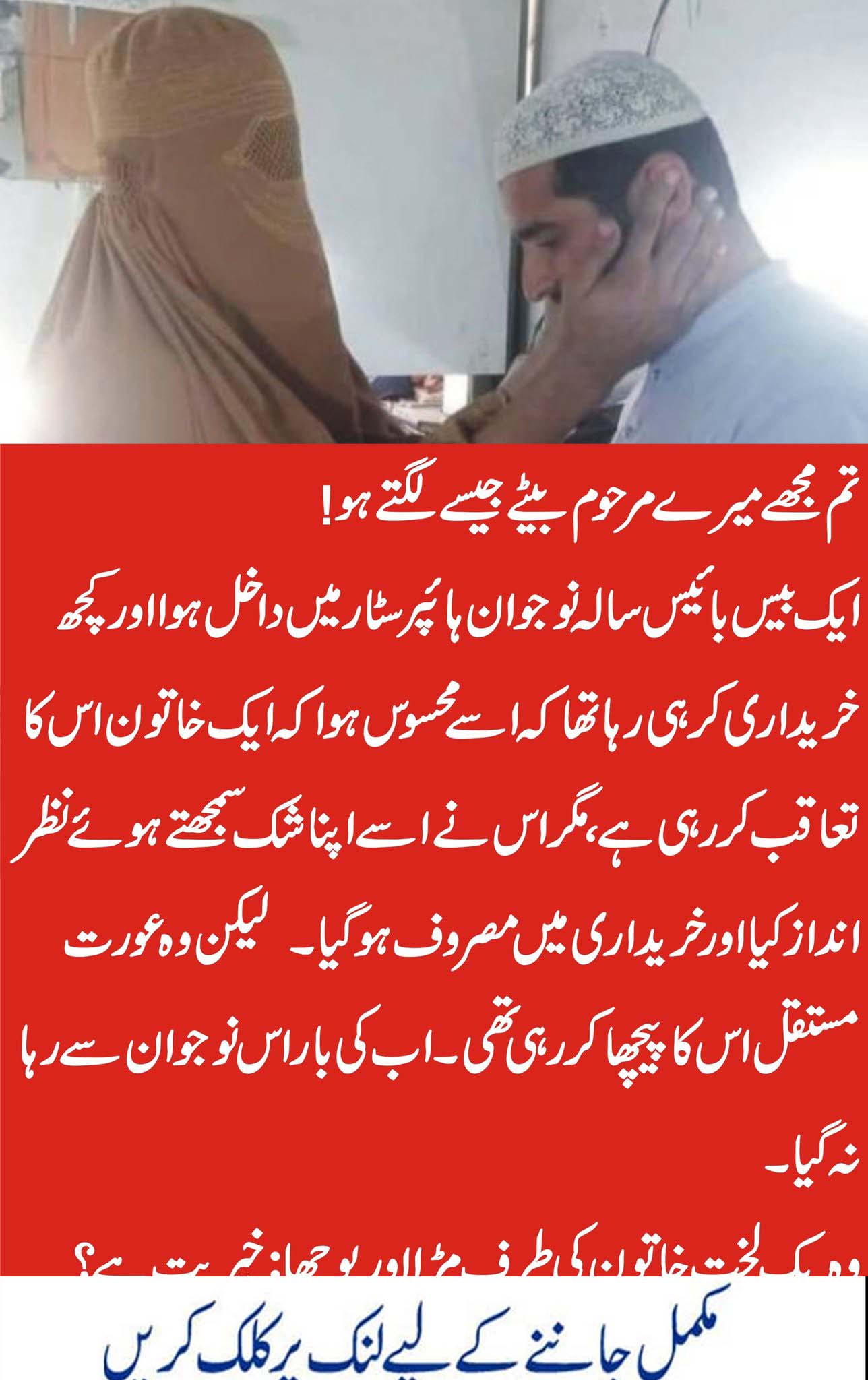I can feel their unasked questions. People wonder how I can still stand, still walk, still laugh. But they don’t ask. You can’t ask that of a mother who has lost her child. My son, Daniel, died three years ago at the age of 22. When people ask me, “How… are you?,” that pause, that inflection, tells me that’s really what they want to know.
I am tempted to tell them that it is I who am lost, not he. I am lost in my search for him, knowing he is nowhere on this earth. And still, it would not surprise me if he were to appear by my side wearing only his jersey boxers eating a snack at the kitchen counter. At times I can almost smell his warm cheesy breath and his still-boyish sweat. But when I look over my shoulder, he is not there.

My mind invents stories. Daniel is not dead; he is lamenting the performance of his fantasy football team with high school buddies while they wait on line for ice cream at Magic Fountain. He is in his dorm room at Stanford, talking deep into the night with his friends. Daniel is lingering with new friends on the rooftop of his investment firm in Boston where he just started working.
“Where are you, Daniel?” I shout the question to the sky when I am strong enough to bear the silence that follows. “Why did you die?” Even that has no real answer. His doctors think Daniel died of new onset refractory status epilepticus, or Norse, a rare seizure disorder in which healthy people with no history of epilepsy suddenly begin to seize uncontrollably. The majority of patients die or survive with significant brain damage. There is no identified cause or established treatment for Norse. This cloud of uncertainty does not obscure what I know: My child is dead
